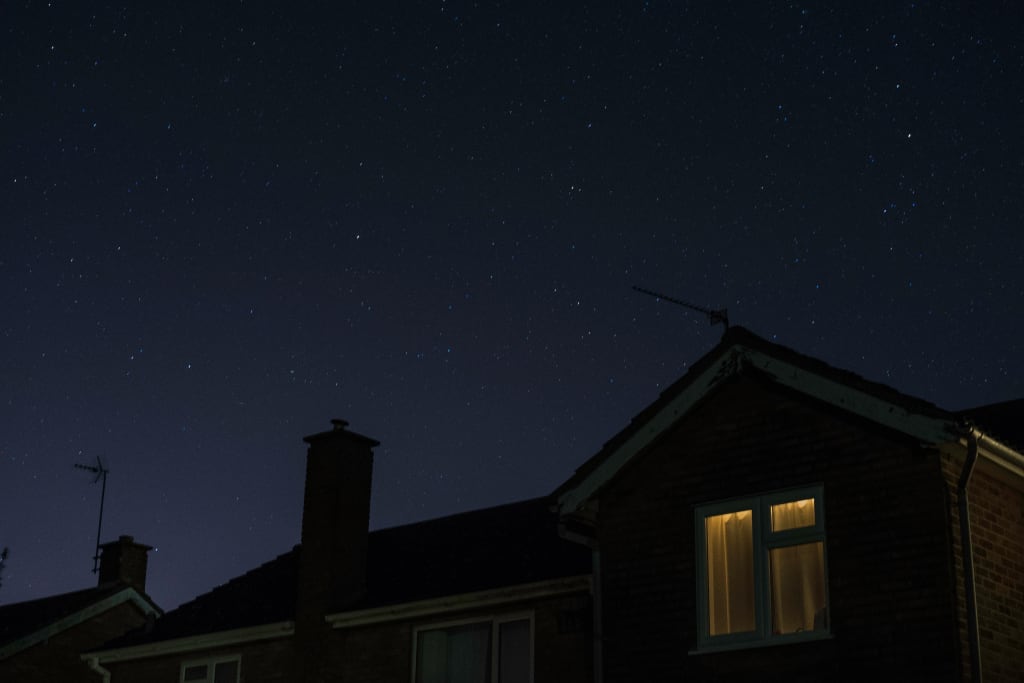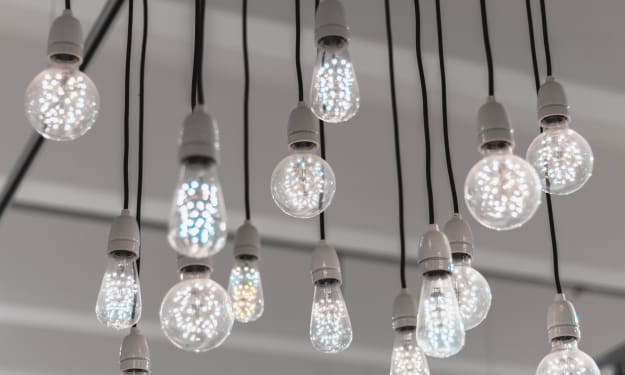Understanding How Solar Panels Work at Night
It's crossed all our minds, but solar is much more capable than you might have imagined.

Have you ever wondered how solar panels work at night or on cloudy days? If you live in the part of Alaska (or somewhere else in the world) where it stays dark for months on end, you may wonder if investing in solar power is a good idea. After all, if the panels do not get sun, are they even going to work?
There are more than a few things to understand when it comes to the installation of a solar power system. Keep reading for insight and information about this alternative form of power.
There is a long and a short answer to the question posed above. The first answer will be short; then, you can dive into more about how solar energy storage really works. You can also learn about the amount of solar electricity production possible during cloudy days.
Will Solar Panels Work at Night?
There is a simple truth to know when it comes to solar panels – they require sunlight to generate electricity. This means that they will not work when it is dark outside. As a result, the simple answer to – will your solar panels work at night – is a resounding "no."
The confusion related to solar panels and if they work at night is because of solar storage. With the right solar storage unit, homes or buildings can continue using solar-generated power when it is dark.
Your solar panel system's entire purpose is to absorb the sunlight, which is also referred to as photovoltaic energy, or PV. This is taken in by the solar panels and converted into DC – direct current – power. The DC power will then be sent through the system's inverter, which is turned into AC – alternating current – power. This is the most common type of power that homes use and operate on. Once this point is reached, the solar system can begin to feed the converted electricity into your home or business. If your solar system produces more electricity than you need to power your home, the extra is sent back into the electric grid.
Because solar panels are only producing power actively during the day, you may wonder – how can they possibly provide a source of power if there is no sun out? There are two answers and solutions to this.
One is net metering, and the other is solar-plus-storage technology. Each of these options lets your solar panel system access electricity overnight when the production remains dormant. This is done by connecting to a battery or to the electrical grid. Thanks to the availability of grid connections and storage for solar energy, solar panels are considered a sustainable source of around-the-clock energy for homes and businesses.
Understanding How Net Metering and Solar Storage Create Power at Night
One of the main reasons that solar panel systems are a smart investment is thanks to net metering. Net metering works like this: when the solar panels produce too much power (more than what your home requires to run), the produced power is sent back into the primary electrical grid. At this point, your utility company will compensate you for these grid credits, which are reflected on your utility bill. Essentially, the extra power production your system creates will help you earn money.
With net metering it also means that your home keeps the connection you have to the grid, even after you have installed solar panels. The connection to the grid means that you still have this power source after the solar panels have been installed. Your panels could produce more electricity than what is actually needed during the day (especially during the summer). While this is true, it should be evident that your panels will not produce power at night when the sun is not out. This is when you can use the credits that have been earned by sending the excess electricity back to the grid. Ideally, the credits that come from your panel's surplus production will help provide coverage when necessary to draw electricity from the grid. In this situation, the grid serves as a type of energy storage for you to tap into when needed.
The biggest downside to net metering is that it is not something that is available everywhere. This means that you may have to find another option for nighttime power supply. Before the grid-tied inverters were created that allow for net metering, the solar panel systems were hosted entirely off-grid. The system owner was required to generate all the power independently and then store the excess power with the help of powerful battery banks. When this was the case, the solar storage options were costly, and this combination made a solar system a more expensive investment.
Today, though, the storage market is growing. You may look at the batteries as the top option for storing energy to use at night. If you are dealing with a large amount of power usage or do not have net metering in your area, think about a solar battery.
Solar Panel Operation on Cloud Days
It is important to note that solar panels will work when it is cloudy outside. However, they do not perform to a high level of capacity that is seen on sunny days. While the estimates range, you can expect for your panels to generate between 10% and 25% of the standard power output on a cloudy day. It is accurate to make the general statement that your panels will not work as well when it is cloudy or rainy outside.
Contrary to what many people believe, rainy and cloudy climates still see a healthy solar energy investment. As a result, even if you live in an area that does not get a lot of sun or that does not get sun throughout the year, you can still benefit from installing solar panels.
When Does Solar Perform Best?
Your solar panels are not going to operate at top production when there are clouds in the way of the panels. They will not produce electricity if there is no available sunlight (i.e., at night) either. The key is for you to plan accordingly during the solar installation. Whether you choose net metering or solar storage, you will find countless benefits offered by solar installation.
Keep this in mind to see why this may be something you want to consider for your home or business. Not only is there the possibility to earn money, but the initial investment you make will quickly pay for itself. Being informed and understanding the inner workings of solar panels – especially at night and when it is cloudy out – is the perfect way to make an educated decision about whether you should install them.





Comments
There are no comments for this story
Be the first to respond and start the conversation.